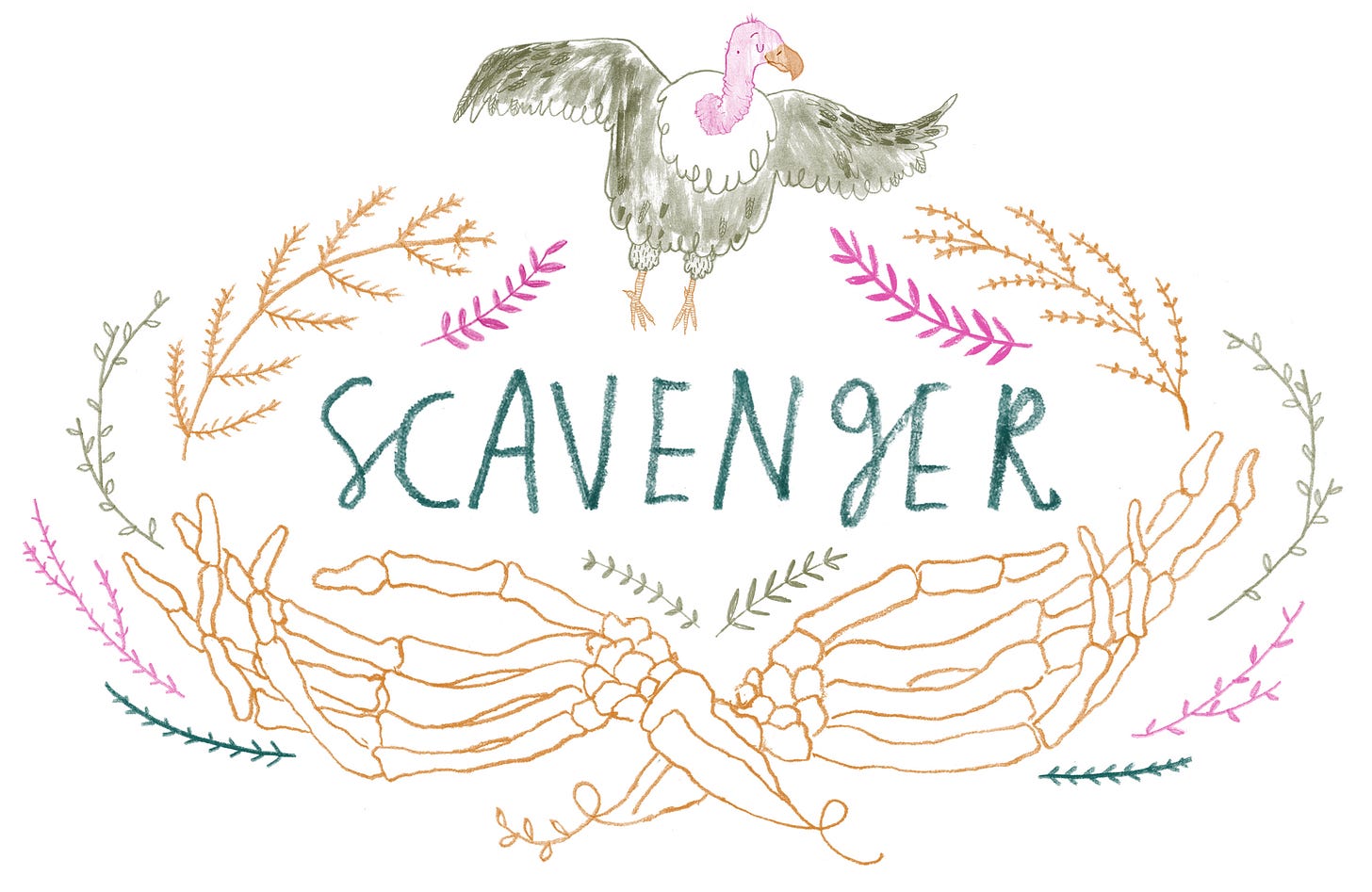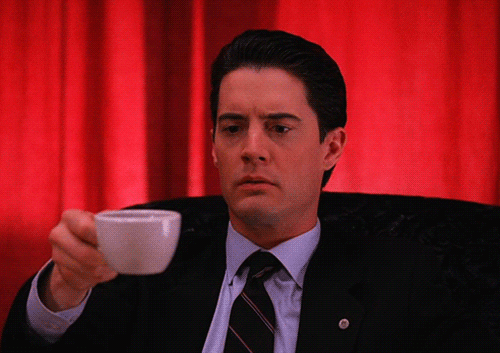
Melitta Bentz was fed up. Each morning, her coffee caused her irritation to grow. She hated finding grounds in her cup, floating like drowned gnats, impossible to avoid. Cloth filters were for the wealthy; working families were expected to just ignore the grounds.
Adding another insult: After sipping errant grounds, after her husband departed for work, she was left with a dirty coffee pot. Scrubbing stuck grounds out of the bottom of the pot, Melitta knew there had to be a better way.
If you used a coffee filter this morning, guess who you have to thank?

Some articles describe Melitta as an “accidental engineer,” but I don’t like that description. She didn’t stumble into her invention. A gust of wind didn’t storm through her window, dropping an improvised coffee filter into place. Melitta worked. Every day, she experimented, trying different methods of stopping coffee grounds from wreaking havoc.
Eventually, this potent blend of frustration and practicality bred inspiration. One morning, Melitta tore a sheet of paper from one of her sons’ school notebooks, then nestled it into a tin pot stippled with holes she’d punctured with a nail. The grounds went in next, then hot water was poured over the entire contraption. The tiny holes forced the coffee grounds and hot water to mingle, dripping slowly into a pot below. It instantly improved the cleanliness of the process, and strained out errant grounds. Today, everyone on Instagram seems to own a gleaming Chemex, and they all have Melitta to thank.
In June 1908, after testing and refining the design, Melitta and her husband fully plunged into the coffee filter business. Armed with a patent from Berlin’s Imperial Patent Office, they produced the first batches of coffee filters from their home. Little by little, the operation grew. By 1914, fifteen workers toiled in a factory, racing to keep up with demand from a growing number of shops. Today, the company has a global presence and thousands of workers. Melitta changed coffee for good.

At this point in the story, you’re probably wondering, perhaps uneasily, why I haven’t addressed a crucial topic: World War II. Most articles about Melitta and her coffee filters completely gloss over the Nazis’ rise to power, the atrocities they committed and how the Melitta factory was or wasn’t involved. Stories need this context. Otherwise, it’s like writing about a border town, but never mentioning the detention camp down the street.
I was able to learn a few things online. First, Melitta and her husband retired prior to WWII. By then, her two sons had inherited and assumed control of the factory. And they did cooperate with the Nazis. Starting in 1941, the coffee filter factory was used to produce German military supplies. What was the level of cooperation and support? Did the company employ any Jewish workers? What did employees experience during this time? It’s difficult to know details about this specific case, based on online research. And perhaps telling that finding them would require much more digging. But it’s also important to note that this big, global brand doesn’t exist in a vacuum.
This year (so recently!), younger descendants of Germany’s second-richest family discovered that their predecessors had been committed supporters of the Nazi party. The family’s wealth, in part, was a direct result of forced labor. Today, their wealth funds products ranging from Calvin Klein perfume and Keurig.
Capitalism works so hard to erase people from the market—the workers who make our goods, but also the individuals whose personal choices shape our world. The simple, stupid cruelty of it is exactly what shows like Succession portray so beautifully. At any rate, it’s worth asking questions, and finding answers, if we can.
Something else
Just a list of 57 different soups you can make!
One more thing
In case you missed it, my story about the history of Crock Pots was picked up by Longreads! It was a very nice surprise, and felt like an early birthday present. (I’m turning 27 tomorrow!)
It’s also worth noting that the two passages Longreads excerpted were added during the final round of edits, at the request of my editor. Honestly, my best writing happens when editors take the time and care to challenge me and push me. If you get tough edits, know that it doesn’t mean your work is bad! It’s because someone cares.


